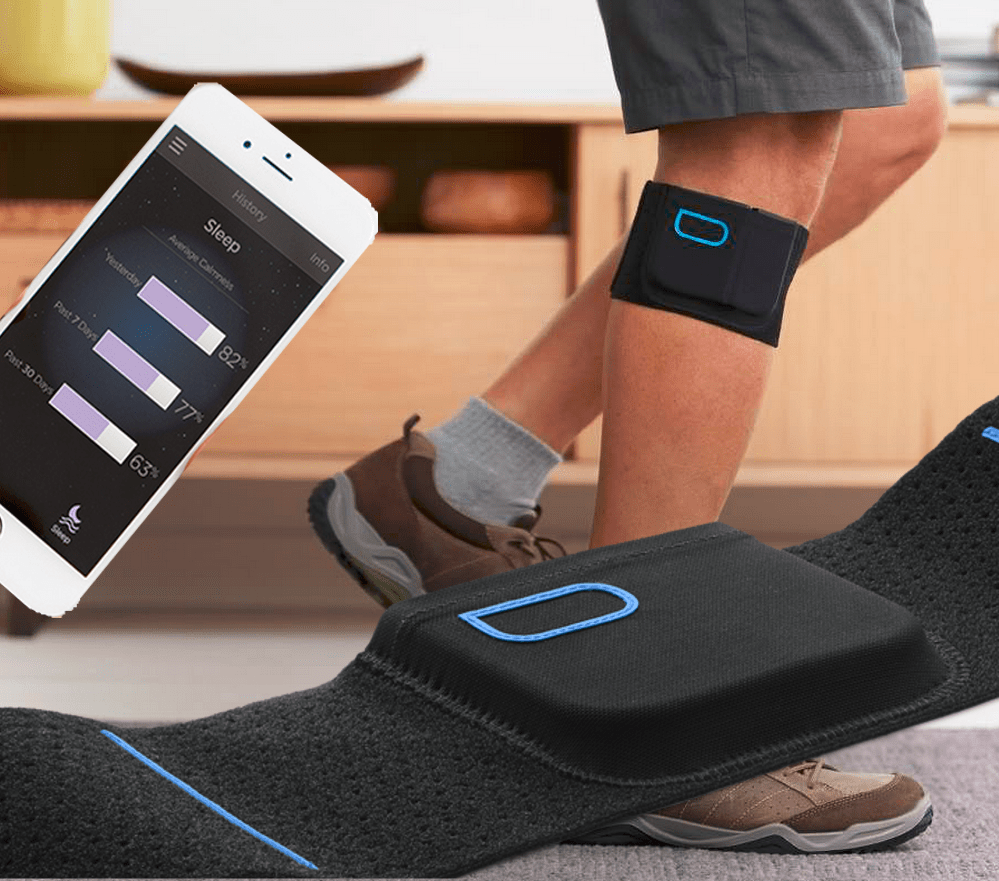
For many people who suffer from chronic pain caused by fibromyalgia, arthritis, diabetic neuropathy or back conditions, a Quell device may help. Similar to the transcutaneous electrical nerve stimulation or TENS equipment you may have used in a physical therapist’s office, a Quell device for chronic pain is a portable product that applies a mild electrical current throughout the day to promote your body’s natural endorphin production.
At an initial cost of about $250 (and around $30 a month for electrode replacements), a Quell device is an excellent, low-cost option for many chronic pain patients who want to avoid traditional pain therapies like opioid medications. This is the only over-the-counter pain therapy system approved by the Food and Drug Administration for 24-hour use.
According to studies, the Quell device has reduced chronic pain effects in 81 percent of users, and 67 percent report less use of chronic pain medications while wearing one. Although you may not know how well a Quell device works for you until you try one, if you responded positively to TENS sessions before, you are probably a good candidate for a Quell device. If you find no change in your condition in the first 60 days, the manufacturer will refund your money.
A Quell device consists of a lightweight band with four hydrogel pads worn over your calf. The device delivers a current through your skin that interferes with pain signal transmission. The Quell device is easily controlled using a smartphone app that allows you to customize current intensity throughout your day and night. Quell is designed to automatically initiate and complete a therapy session every hour. Each session may last up to 30 minutes depending upon your personalized settings.
While some users may experience pain mitigation in just 15 minutes, others may not notice any improvement in their condition for days or weeks. There is ongoing research as to why some chronic pain patients respond more positively to this kind of therapy, but there is some speculation that some people are more susceptible to neural stimulation than others.
If you want scientific research to support the efficacy of Quell devices, unfortunately, there is almost none. Like the TENS technology that it is based on, Quell devices are not scientifically proven to reduce chronic pain. Although most researchers believe that there is a physiological mechanism that inhibits pain when a Quell device is used, there is little consensus on what that exact mechanism is.
Many scientists argue that TENS and Quell devices only work because of the placebo effect, i.e. patients feel a reduction in pain because they expect it to work. Others, however, suggest that electrical currents do interfere with how pain nerves transmit sensory impulses to the brain. These supporters base their conclusions on electrical stimulation studies of the brain and spinal cord. Spinal cord stimulation is a well-established pain management therapy that uses a mild current to inhibit pain sensations. Ultimately, it is in your best interest to try this low-risk therapy yourself to see if it is effective.
Article written by: Dr. Robert Moghim – CEO/Founder Colorado Pain Care
M.D. Disclaimer: The views expressed in this article are the personal views of Robert Moghim, M.D. and do not necessarily represent and are not intended to represent the views of the company or its employees.



